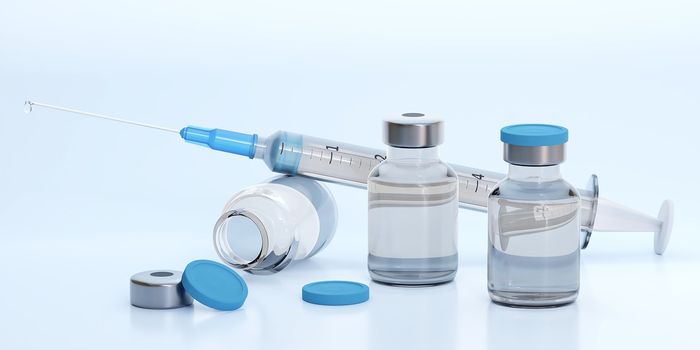Mobilizing the brain's immune cells boosts memory
A study by researchers at Australia’s RMIT University has uncovered a surprising connection between immune cells in the brain and their influence on memory.
These cells, called microglia, make up 10 to 15 percent of all cells found within the brain, acting as the first line of immune defense in the central nervous system. Though previously considered to solely support neuronal function, this is the first time that microglia have been directly linked to cognitive activity.
Published in the Journal of Neuroinflammation, the study saw authors developing a unique model to study these complex neurological processes: training rats to perform simple memory tests and then observing any changes that occurred when their microglia were altered.
Completely knocking out microglia in rat brains had no impact on their abilities to perform their memory tasks. Fascinatingly, however, when microglia were activated to promote their regeneration in the brain, this resulted in rats having up to a 50 percent improvement in memory compared to normal, untreated rats.
Regenerating microglia share the same activated state as those dealing with neural inflammation, as in the case of neurodegenerative diseases such as dementia.
"We are still exploring what makes these cells different when they repopulate the brain, but their shape tells us they may be more active than usual, potentially making the neurons more effective to encourage better memory," said lead author Associate Professor Sarah Spencer.
This memory-boosting effect is, however, only temporary. As soon as microglia reverted to their unactivated state, the memory improvement waned. The researchers are now interested in therapeutic strategies to boost the longevity of these supercharged cognitive capacities.
"The next stage in the research is closely investigating these regenerated microglia to better understand the mechanisms at work, with the aim of finding ways to turn the temporary memory boost into a long-lasting effect."
Over 50 million people are living with dementia globally, with 10 million new cases projected to be diagnosed annually. For that reason, the rapid translation of such research developments into clinical interventions to improve their quality of life could not come soon enough.
Sources: Science Daily, Journal of Neuroinflammation.









